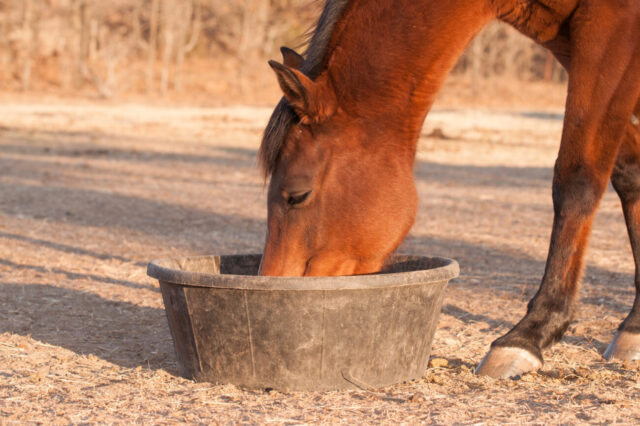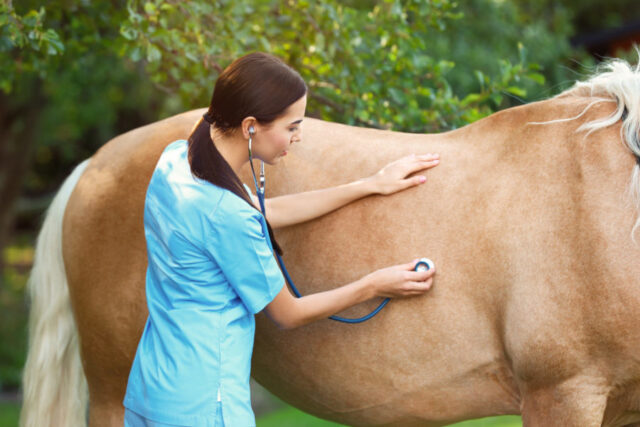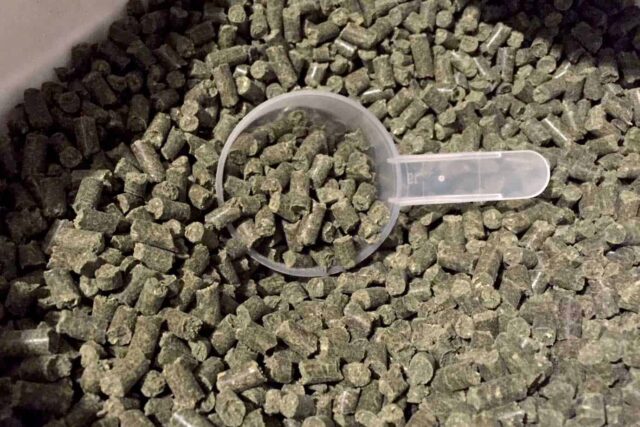
Horses, like humans, require proper nutrition to maintain good health and function at their best. While a balanced diet consisting of high-quality hay or pasture, along with grains and other feed, can provide many of the nutrients a horse needs, sometimes supplements may be necessary to address specific deficiencies or support performance. However, choosing the right horse supplements can be a confusing and overwhelming task, with so many options available on the market. In this article, we’ll provide some guidance on selecting the appropriate ones for your horse.

– First and foremost, it’s essential to consult with your veterinarian or equine nutritionist before adding any supplements to your horse’s diet. They can help identify any nutritional imbalances or deficiencies your horse may have, and recommend the appropriate supplements to address those needs. Additionally, they can advise on the proper dosage and duration of supplementation.
– When selecting horse supplements, it’s important to choose high-quality products from reputable manufacturers. Look for the ones that have been third-party tested for purity and potency, and have a guaranteed analysis of the nutrient content. Avoid purchasing them from unknown sources or those that make outlandish claims, as these may not be effective or even safe.
– When deciding which supplements to add to your horse’s diet, consider their specific needs and circumstances. For example, a horse in heavy training or competition may benefit from supplements that support joint health and mobility, such as glucosamine and chondroitin. Similarly, a horse that experiences respiratory issues may benefit from the ones that support respiratory function, such as omega-3 fatty acids and antioxidants.
– For horses that graze on pasture, supplements that address any nutrient deficiencies in the forage may be necessary. For example, horses that graze on sandy soil may benefit from a psyllium supplement to aid in the prevention of sand colic. Horses that graze on grasses that are low in certain minerals, such as selenium or copper, may benefit from a mineral supplement to ensure they are receiving adequate levels of these essential nutrients.

– They can also be beneficial for horses with certain health conditions. For example, horses with insulin resistance or metabolic issues may benefit from supplements that support healthy insulin function, such as chromium or magnesium. Horses with ulcers may benefit from the ones that support digestive health, such as pre- and probiotics.
– When selecting supplements, it’s important to avoid over-supplementing your horse. Too much of certain nutrients can be harmful, and some of them can interact with medications or have adverse effects when taken in excess. Always follow the recommended dosage on the label or as advised by your veterinarian or equine nutritionist.
– It’s also important to store them properly to ensure their effectiveness and safety. Some of them may require refrigeration or protection from light or moisture.
In conclusion, supplements can be a valuable addition to your horse’s diet to address specific nutritional needs or support performance and overall health. However, it’s important to choose high-quality products from reputable sources, consult with your veterinarian or equine nutritionist, and consider your horse’s specific needs and circumstances. With proper selection, administration, and storage, supplements can be a safe and effective way to enhance your horse’s diet and well-being.







